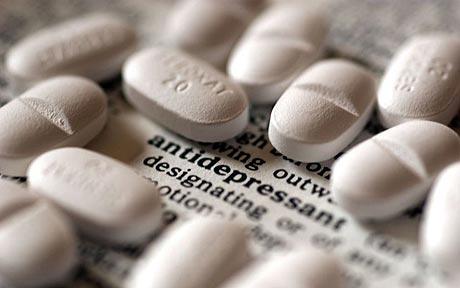The Bolton News – August 28, 2013
by Brian Daniels,
National Spokesperson, CCHR United Kingdom
RECENTLY, there was media coverage on the number of antidepressants being consumed along with questions about whether they actually worked.
Although they were once reserved for the mentally disturbed, today it is difficult to find someone who has not taken one. Prescribed for everything from learning and behavioural problems, bedwetting, juvenile delinquency, aggression, criminality, drug addiction and smoking, to handling the fears and problems of the elderly, antidepressants are among the most widely prescribed on Earth.
Here are the recent statistics obtained from the NHS (National Health Service) Business Services Authority regarding their use. In England alone, over 27 million prescription items for antidepressants were dispensed in 2012, costing the National Health Service more than £73 million.
There is obvious commercial success, but now consider a report by Professor Irving Kirsch from the University of Hull which concluded antidepressants ‘don’t work’, and that they are ‘no better than placebo.’ Add in a study published in the British Medical Journal which concluded they did not reduce depression, and where one of the authors of the study said, “The bottom line is that we really don’t have any good evidence that these drugs work.” Then add in an ever-increasing list of adverse drug reactions that includes aggression, violence, and suicide. Put together, these demonstrate a modern-day marketing coup by pharmaceutical companies and psychiatrists. Like other psychiatric practices, this represents good business but bad medicine.
Unlike medical drugs, which commonly may prevent or cure disease or improve health, psychiatric drugs, including antidepressants, are only designed to suppress symptoms that return once the drug wears off.
Like illicit drugs, they provide no more than a temporary escape from problems, unwanted behaviour or unpleasant emotions. They work by influencing normal functions of the body: they speed them up, slow them down, dam them up or overwhelm them. But do not think antidepressants heal anything. They are intended to cover up or ‘mask’ problems. On top of this, those who take antidepressants can have horrendous problems getting off of the drugs. This is not well publicised.
There is no doubt people do experience mental problems and upsets in life. But to represent that these troubles can only be alleviated with drugs like antidepressants, is both dishonest and harmful. It’s time for change.



SHARE YOUR STORY/COMMENT